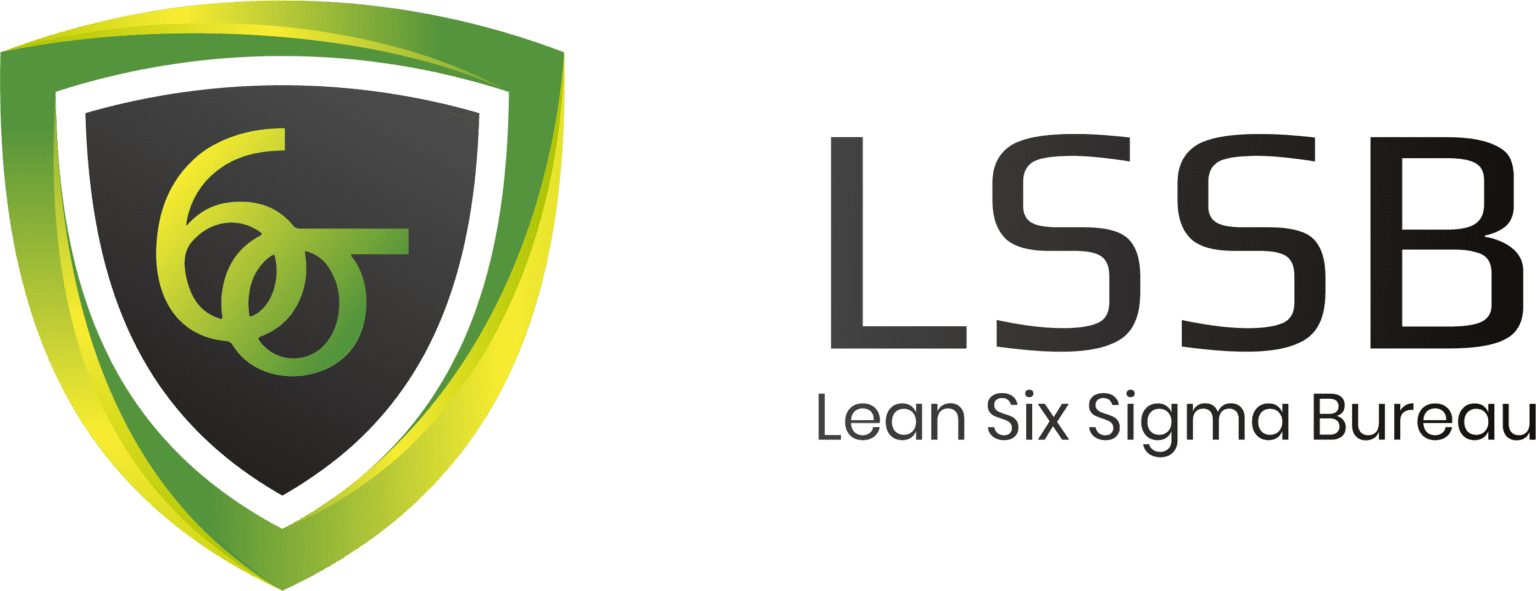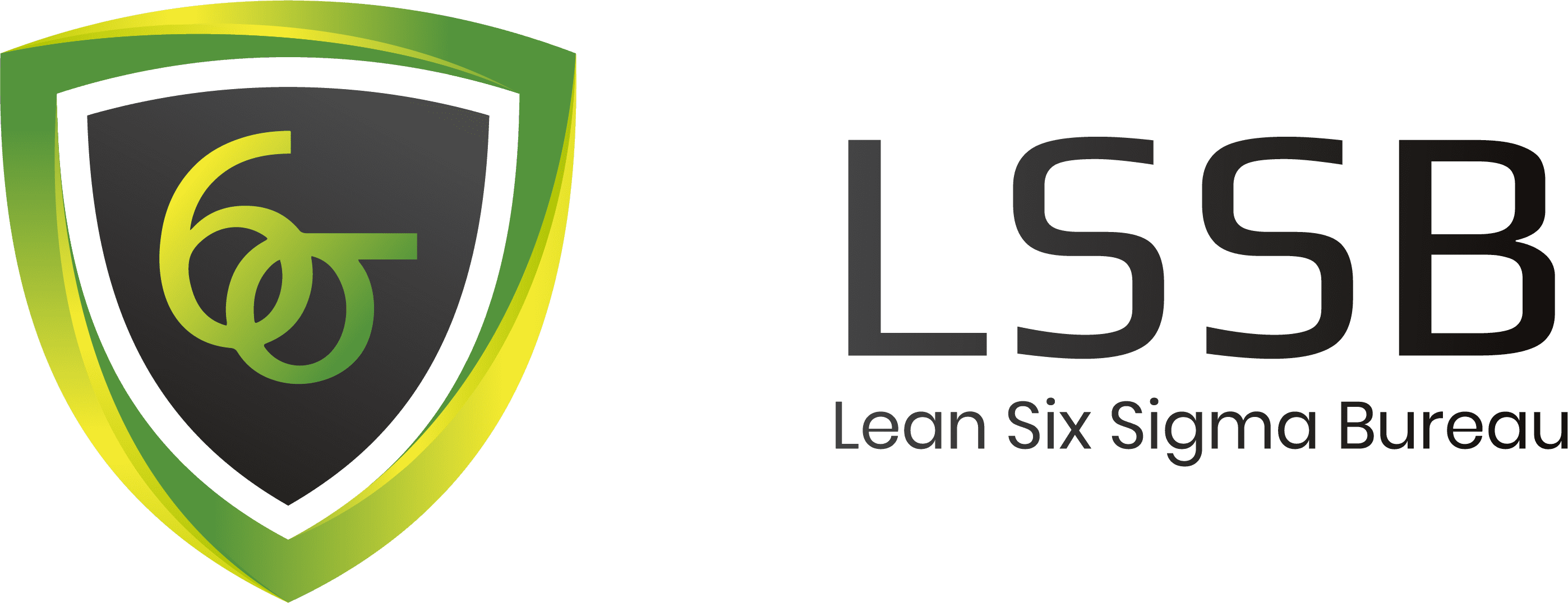While Lean Six Sigma stands as a cornerstone in the realm of process improvement, several other formal quality methodologies exist, each offering unique approaches to enhance organizational efficiency. Let’s dive into some noteworthy alternatives:1. Total Quality Management (TQM): Total Quality Management, akin to Six Sigma, prioritizes quality and customer satisfaction. TQM emphasizes continuous improvement, employee involvement, and a customer-centric approach to optimize processes and eliminate defects.2. Kaizen: Kaizen, originating from Japan, centers on continuous improvement through incremental changes. It encourages small, frequent improvements across all aspects of an organization, fostering a culture of constant enhancement.3. Lean Manufacturing: Lean Manufacturing, closely related to Lean Six Sigma, concentrates on eliminating waste and streamlining processes. It focuses on value creation, just-in-time production, and optimizing workflows for maximum efficiency.4. Agile Methodology: Primarily used in software development, Agile promotes flexibility and adaptability. It emphasizes iterative development, collaboration, and responsiveness to change, aligning well with dynamic project requirements.5. ISO Standards: ISO (International Organization for Standardization) standards provide frameworks for quality management systems (QMS). Standards like ISO 9001 offer guidelines for establishing robust quality management practices across various industries.6. Theory of Constraints (TOC): TOC identifies the constraints hindering organizational growth and profitability. It aims to enhance throughput by systematically identifying and alleviating bottlenecks within processes.7. Business Process Reengineering (BPR): BPR focuses on radical process redesign, often using technology, to achieve substantial improvements in efficiency, cost reduction, and customer satisfaction.8. Hoshin Kanri: Hoshin Kanri, a strategic planning methodology, aligns organizational goals and objectives with actionable plans at all levels, fostering a shared vision and effective execution.Conclusion: While Lean Six Sigma holds a prominent position in process improvement methodologies, exploring other formal quality programs can offer diversified approaches. Each methodology brings its own set of principles, tools, and benefits, allowing organizations to choose the most fitting approach based on their unique requirements.Understanding these alternatives not only broadens one’s perspective on process improvement but also opens avenues for exploring hybrid methodologies, creating tailored solutions that best suit organizational needs.
Other Formal Quality or Process Improvement Programs


